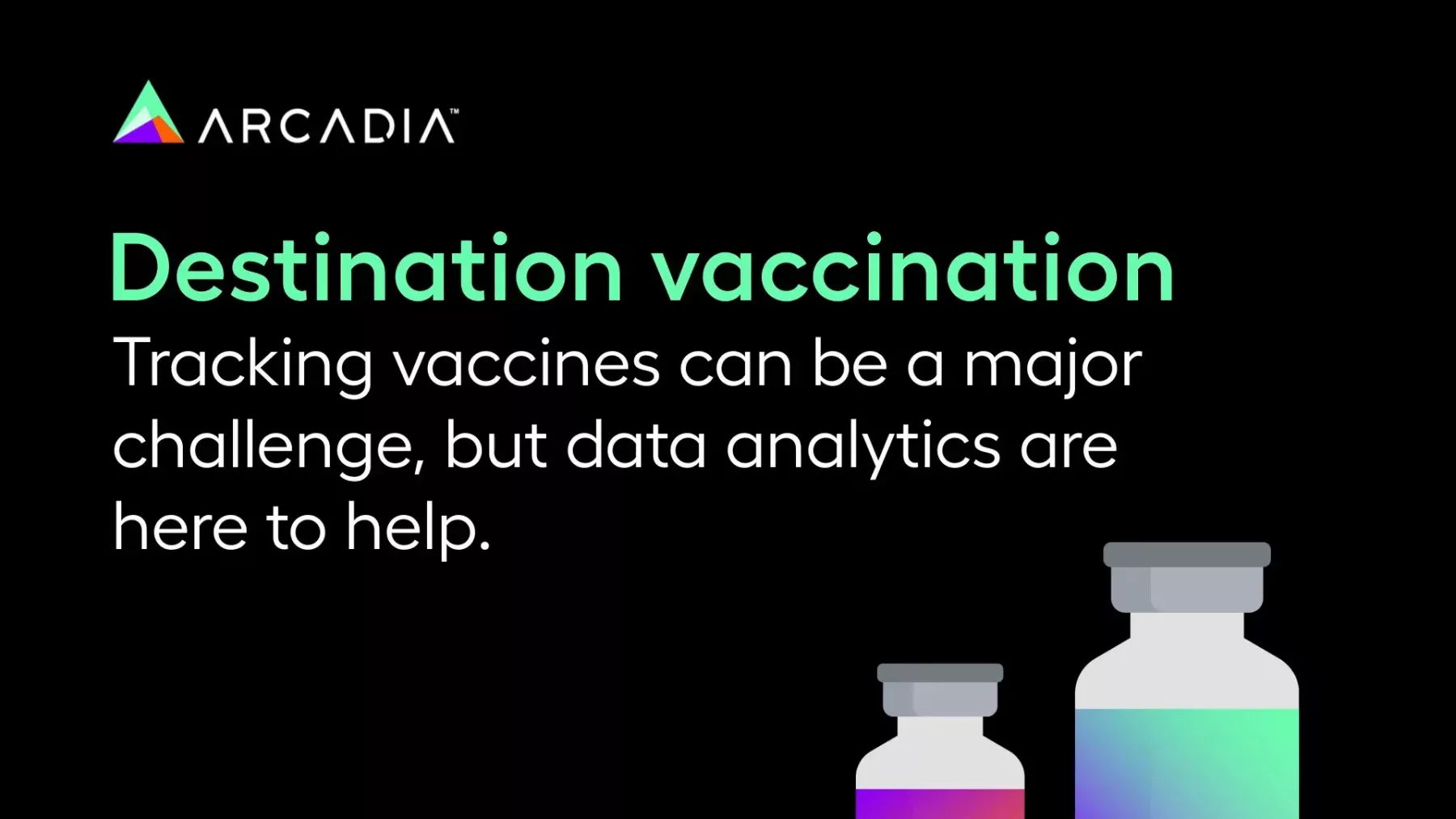Shielding our communities: Immunization compliance strategies
Significant advancements have been made in the realm of public health efforts and immunizations, with vaccines playing a crucial role in creating a healthier and safer world. As a result of these advancements, the incidence of severe side effects from preventable infectious diseases has notably decreased.
Not only are vaccines important during flu season, but they’re also critical when it comes to meeting school and work requirements. This raises the importance of how healthcare facilities, schools, employers, and governments track immunization records accurately, given the significant size of their databases.
While many facilities have implemented immunization compliance systems over the years, they may not be aware of the ways they could maximize compliance. In today's digital age, healthcare organizations are turning to innovative strategies to promote their immunization efforts. Let’s discuss some of the best practices for optimizing and promoting immunization compliance.
Piecing together disparate data sources
One of the key challenges in promoting immunization compliance is the lack of a centralized patient registry to document vaccine records and other health data. Often, healthcare providers struggle to obtain accurate information about a patient's immunization history. However, by leveraging technology and data integration, healthcare organizations can aggregate disparate data sources to create a comprehensive profile of an individual's immunizations.
Imagine a scenario where a college student visits the on-campus health clinic for a routine check-up. The provider, armed with the power of data integration, can now access not only the student's electronic health records (EHRs) but also immunization registries and school vaccination records. This wealth of information allows the provider to obtain a more accurate and complete picture of the student’s immunization needs, at the click of a button. It eliminates the guesswork and ensures that providers can care for their patients using all relevant healthcare information.
Stratifying patients by upcoming vaccinations
While aggregating data is crucial, effectively stratifying patients based on their specific immunization needs is equally important to promote compliance. By categorizing individuals into groups based on a variety of filters, healthcare providers can tailor their outreach efforts to suit different segments of the population, including higher-risk patients in need of increased care management.
Let's take a closer look at how this stratification process works. For example, using advanced filtering, providers can identify infants who require their first set of vaccinations, children who need additional boosters, teens who are traveling to a specific region of the world, and adults who need periodic immunizations such as annual flu shots. This segmentation allows organizations to send targeted reminders through various communication channels, including text messages, emails, and phone calls, to maximize vaccination rates.
Leveraging effective communication
Leveraging the power of integrated vaccination data can allow for personalized communications to target specific populations and address their unique needs and concerns. Stakeholders that regularly send out text and/or email reminders to their patients when they are close to being due for their immunizations can significantly increase compliance. The reminders can be easily automated using a comprehensive immunization compliance management system.
Streamlining immunization compliance
Some healthcare facilities may still use physical documents to track patients’ immunizations. This can result in lost documents, recurrent errors, illegible paperwork, and of course, a lack of compliance. Paper health records are also at greater risk for HIPAA (Health Insurance Portability and Accountability Act) violations.
Utilizing a modern immunization compliance management tool is not the icing on the cake; it’s the bread and butter of ensuring immunization compliance.
By compiling digital records of a patient's immunization history in a singular platform, healthcare providers can easily track when vaccines are due, share this information with patients and other healthcare professionals, and facilitate compliance with immunization requirements.
Utilizing a specialized tool to promote immunization compliance can result in increased efficiency, better organization, and more accurate compliance reporting. Just imagine the time that would be saved if software could help lighten the immunization compliance burden.
Key takeaways
The convenience and accessibility of digitized and streamlined immunization compliance encourage individuals to stay on top of their immunizations, promoting a proactive care culture. Some of the best strategies healthcare clinics, universities, employers, or other stakeholders can employ include:
- Leveraging technology to aggregate disparate data sources to get a full profile of a patient's immunization status
- Stratifying patients using advanced filtering
- Reaching out to patients who are due for immunizations via text messaging or email
Overall, promoting immunization compliance requires a multi-faceted approach that is ever-evolving. By adopting these best practices, healthcare organizations can make significant strides in achieving high immunization rates, safeguarding public health, and protecting communities from preventable diseases.
With the power of data integration and technological advancements, we can ensure a healthier and more protected population.
A featured piece by Medicat, the #1 provider of electronic health records software in college health
Medicat offers cutting-edge EHR software solutions designed to enhance health outcomes and boost provider productivity. With a track record of over 30 years, we’ve successfully optimized clinical operations for over 500 organizations across the United States. Our comprehensive range of software and services includes Medical EHR, Counseling EHR, Immunization Compliance Management, and Sports Medicine EHR to help your organization thrive.
Learn more about how we can support your organization’s workflows and efficiencies.

